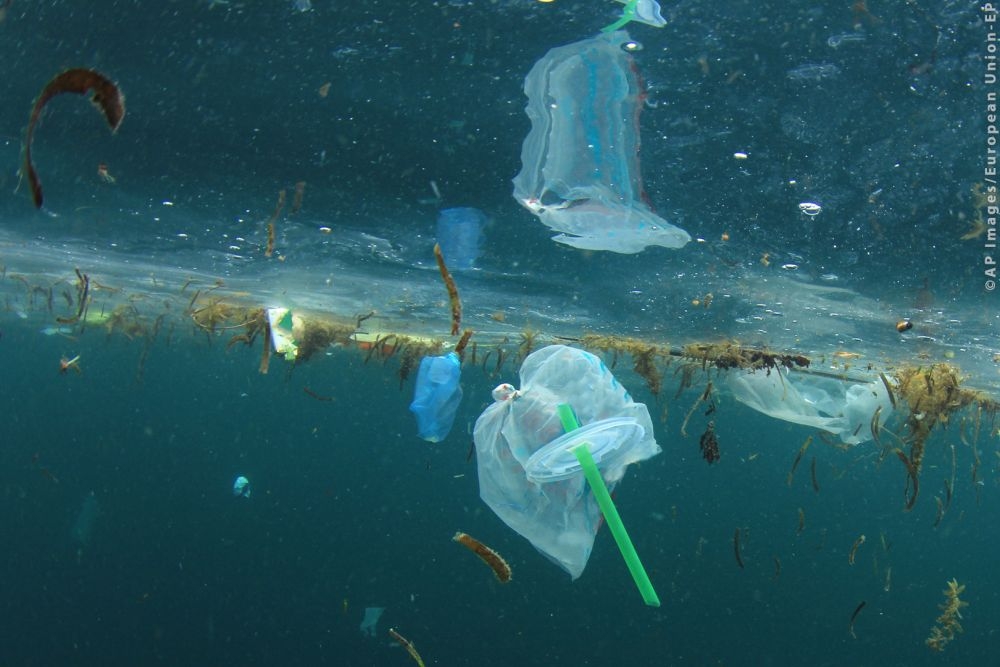European Parliament completes ban on single-use plastics

The European Parliament has voted for a complete ban on a range of single-use plastic products across the union to stop the pollution of our oceans. The plan will ban the distribution and sale of single-use plastic items in an attempt to force businesses to offer readily available non-plastic alternatives.
According to an article by BBC News, MEPs backed a ban on plastic cutlery and plates, cotton buds, straws, drink-stirrers and balloon sticks. In addition, the proposal also calls for a reduction in single-use plastic for food and drink containers like plastic cups.
After the Parliament vote was backed by 571-53, the MEP responsible for the bill, Frédérique Ries, said it was "a victory for our oceans, for the environment and for future generations."
Some of the other single-use products mentioned in the proposal include cigarette butts, plastic bottles, caps, or lids, wet wipes, and plastic bags. These products, which make up over an estimated 70% of marine litter, will be banned from the EU market beginning in 2021.
The commission also proposed that member states should use a deposit refund scheme or any other measure to collect 90 percent of single use plastic bottles by 2025. Menstrual pads, wet wipes and balloons will be required to add a label indicating how the product should be disposed.
The UN reported that more than 8 million tonnes of plastic leaks into the ocean each year – equal to dumping a garbage truck of plastic every minute. The hope for this ban on single-use plastics is that it will cause a sharp decline in the amount of plastic that ends up polluting landfills and the oceans.
According to a UN Environment press release, at the rate plastic products are being dumped into the oceans, by 2050 oceans will carry more plastic than fish and an estimated 99 per cent of seabirds will have ingested plastic.
The AIDF Global Summit will return to Washington D.C, in 2019.
If you’d like to stay informed on the latest updates in aid and development, please sign up for the AIDF newsletter.
Photo credit: © European Union, 2018















